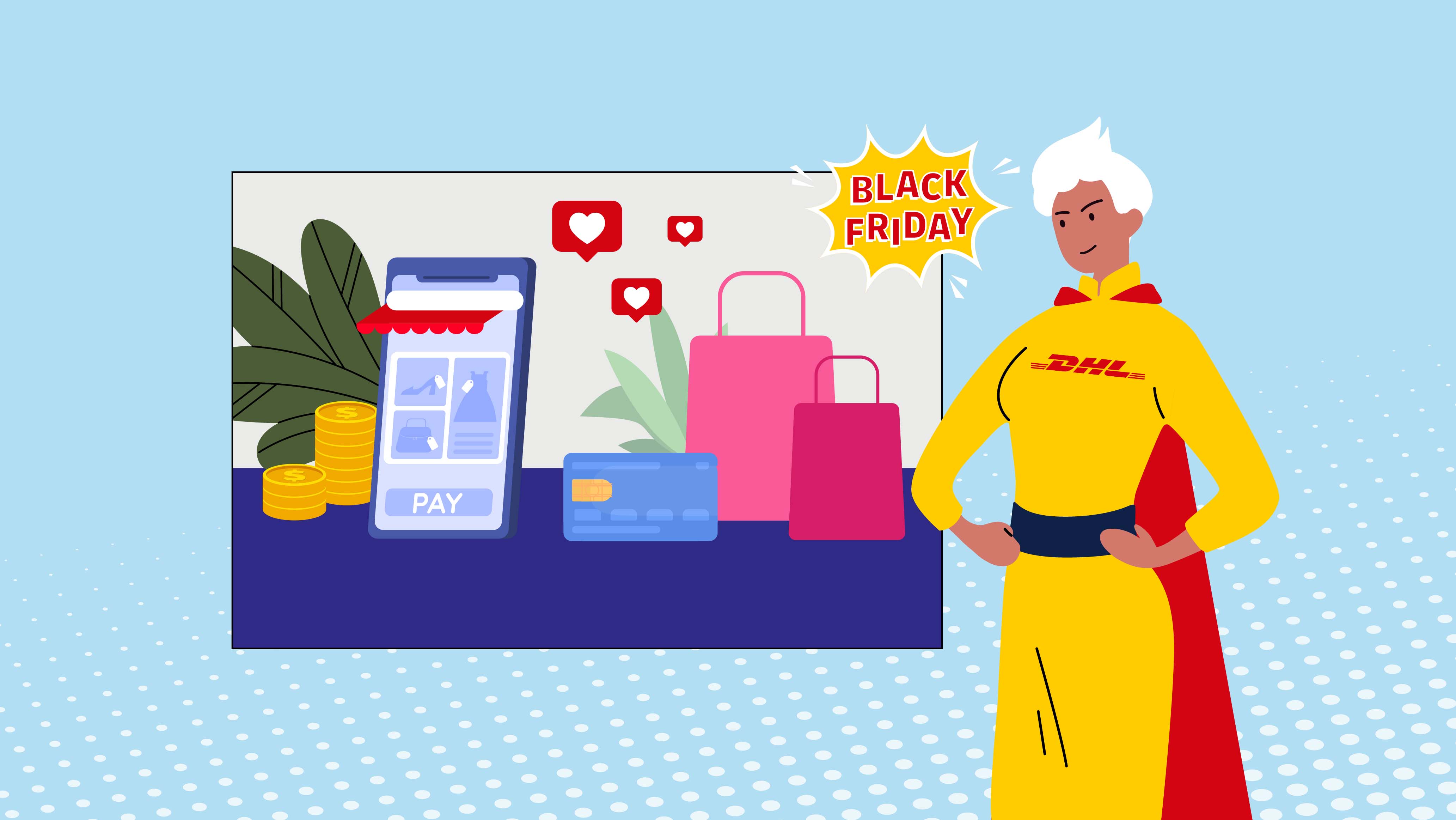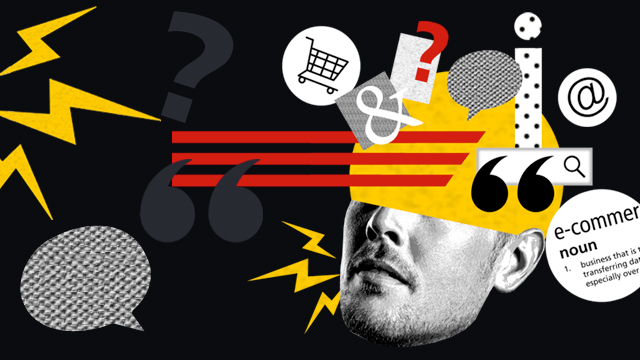Just slightly over two decades ago, the buying and selling of products over the Internet was still something very novel. Today, the internet impacts every aspect of our lives, from social media to online shopping.
The COVID-19 pandemic and the resulting global lockdowns have changed the behaviour of consumers, with many people now choosing to buy their items online. By 2022, the e-commerce industry has gained massive traction and is expected to be worth US$5.5 trillion by the end of the year, according to a forecast by Insider Intelligence and eMarketer. Shopify also found that the estimated number of online purchases will account for 20.3% of all purchases worldwide.
What does this mean for businesses, and how can businesses capitalise on this growing trend to expand their businesses? In this article, we will share the various e-commerce platforms you can use.
E-commerce platforms – a good-to-have launchpad for SMEs
Due to the change in shopping habits and the huge potential in the online market as mentioned above, there are various advantages and benefits for businesses who have adapted to the needs and wants of the modern consumer. They have achieved this by offering customers the ease of shopping via an online store powered by a third-party e-commerce platform.
One key benefit that businesses will gain from using such e-commerce platforms is that it requires minimal operational costs. In addition, unlike traditional stores, an e-commerce platform is available 24/7. This is useful for businesses who can enjoy sales at any time of the day, that too without being present to attend to customers – AI chatbots and automated ordering tools provide better customer support around the clock, thus improving the overall customer experience.
What are the various types of e-commerce platforms?
Typically, there are three main e-commerce platform types, – Software-as-a-Service (SaaS), Platform-as-a-Service (PaaS), and On-Premise platforms.
Software as a service (SaaS) e-commerce platform
A Saas e-commerce platform is a cloud-based e-commerce software licensing model that can be accessed through web browsers. It is the most popular as it offers an all-in-one solution for businesses, with the service provider supporting the backend infrastructure. This type of e-commerce platform eliminates much of the overheads associated with hosting compliance, security, and updating.
Some of the most popular e-commerce platforms that offer this feature include Shopify, and WooCommerce.
- Shopify: As of February 2023, Shopify had a market cap of US$63.35 billion, placing it among the most valuable companies in the world in terms of market cap. It remains as one of the most popular solutions for omnichannel sellers and businesses that are looking for a user-friendly way to build an e-commerce business model based on dropshipping.
- WooCommerce: WooCommerce is useful for those who wish to transform their WordPress websites into online stores. In the first half of 2022, WooCommerce was named the world's leading e-commerce platform, following Statista figures. One of its unique features is its accessibility to hundreds of customisable plugins. The free e-commerce platform offers numerous extensions, a wide range of shipping services, pre-orders, and more.
Platform-as-a-Service (PaaS) e-commerce platform
Just like SaaS, a PaaS platform also uses cloud computing, but what sets it apart is that it provides customer support for its hardware and software. These platforms manage the entire hosting infrastructure, thus helping its users save on costs, as they won’t have to invest in any infrastructure.
One major advantage that a PaaS platform offers is that it provides the tools for the customers to develop their own custom software. It also provides a range of functions such as hosting, integration and analytics, thereby offering more flexibility for e-commerce businesses.
Some of the most popular enterprise e-commerce platforms that run on PaaS include AWS Elastic Beanstalk, Google Cloud, and Heroku.
On-Premise E-commerce Platform
While SaaS and PaaS offer optimal solutions for smaller startups, they may not have the same impact as On-Premise platforms. With these e-commerce websites, the control lies with the retailers rather than the vendors. On-premises platforms are hosted locally and managed by the business themselves. They also require high upfront costs for hosting and the purchase of relevant hardware. With on-premise platforms, businesses are able to tailor their e-commerce storefronts according to their requirements.
Which platform is best suited for your business?
Choosing the correct e-commerce platform that is best suited for your business requires careful consideration of one's needs and options. With proper planning, businesses can significantly reduce the risk of failure in the long run. Considerations should be made in terms of platform usability, order processing, and website features such as payment gateways.
Setting aside a specific amount as a budget for your e-commerce platform will also influence your final choice as the cost of an e-commerce platform can vary. After all, it depends on the type of business, size, and sales volume. It would also be important to note that one should choose a platform that can offer a variety of design and payment options, and more importantly, a high level of storage management and security features.
A common metric used to determine the platform type is the gross merchandise volume (GMV) of the business, as companies with higher GMV typically require more customisations. As such, it is generally recommended for smaller businesses to go for SaaS platforms, while medium to large businesses should opt for PaaS and On-Premise platforms.














































